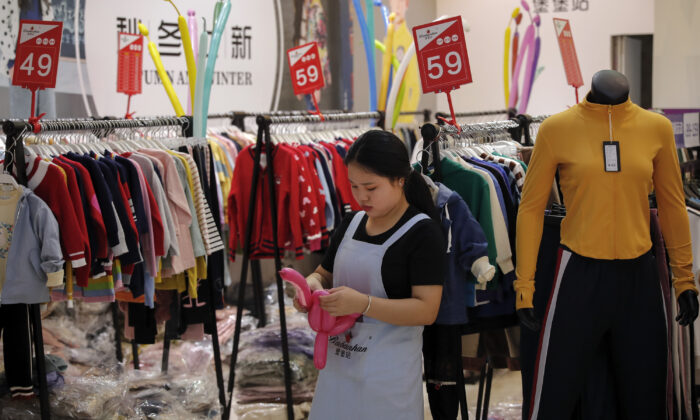The Chinese economy’s heavy reliance on investment and exports is posing a threat domestically and impacting global prices. Despite significant economic growth over the past five decades, China has not transitioned into a consumer society like other emerging market economies. Low consumer spending has forced the country to depend on fiscal and monetary stimulus policies and exports, leading to imbalances and tensions with trade partners. This reliance on international trade has transformed China from a minor player to a major influencer in world markets, affecting prices worldwide. Experts attribute China’s consumer spending issue to its focus on investment and exports, similar to Japan’s struggles in the 1980s. Japan’s failure to transition to a consumer-driven economy led to a burst property bubble and economic stagnation. While Japan has made progress in shifting towards consumer spending, China still faces challenges in becoming a consumer society due to long working hours and high savings rates. Additionally, China’s gross savings rate is currently at 44.3 percent.
China’s pension system shortcomings also contribute to lower consumer spending among older generations.
A recent report from the Rhodium Group highlights various factors that contribute to Chinese people being big savers rather than big spenders, including low household income levels and a highly uneven income distribution.
The Rhodium Group suggests that there are no immediate policy fixes for China’s sluggish household consumption growth, but recommends fiscal transfers to lower-income households and economic restructuring to address the issue.
The report also notes that simply reducing savings rates may not significantly increase overall spending, especially among lower-income households.
Source link






